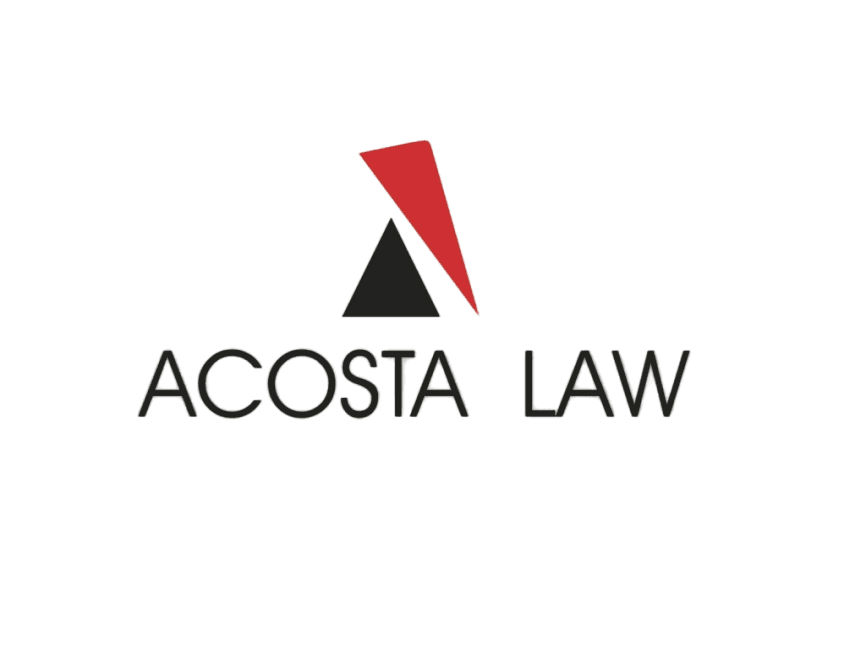Debt Relief Strategies: An Expert Guide for Harris County Residents
Understanding Debt Relief
Debt relief is a critical topic for many residents of Harris County looking to regain their financial footing. Whether it's credit card debt, student loans, or medical bills, finding effective strategies to manage and eliminate debt is essential. Understanding your options and knowing where to start can make a significant difference in your financial journey.

Assessing Your Financial Situation
The first step in debt relief is assessing your current financial situation. This involves listing all your debts, their interest rates, and minimum monthly payments. Consider creating a budget to track your income and expenses. This will give you a clear picture of where your money is going and help identify areas where you can cut back.
Creating a budget is crucial as it can help you allocate funds more efficiently towards debt repayment. Prioritize high-interest debts to minimize long-term costs.
Exploring Debt Consolidation Options
Debt consolidation is a popular strategy for managing multiple debts. It involves combining several debts into a single loan with a lower interest rate. This can simplify payments and potentially reduce monthly expenses. Harris County residents can explore options like personal loans, balance transfer credit cards, or home equity loans for consolidation.

Before opting for consolidation, compare interest rates and terms from various lenders to ensure you get the best deal. Remember, the goal is to make your debt more manageable, not add to it.
Negotiating with Creditors
Sometimes, simply negotiating with creditors can provide relief. Many creditors are willing to work with you if you're experiencing financial hardship. You can request a lower interest rate, a temporary forbearance, or even a settlement for less than the total amount owed.
Effective communication is key. Be honest about your situation and demonstrate your commitment to resolving your debts. Document all interactions for future reference.

Seeking Professional Assistance
If managing debt feels overwhelming, consider seeking professional assistance. Credit counseling agencies offer guidance on budgeting and debt management plans. These services often come at little or no cost and can provide valuable support in creating a personalized strategy.
When choosing a credit counseling agency, ensure they are reputable and accredited by organizations like the National Foundation for Credit Counseling (NFCC).
Considering Bankruptcy as a Last Resort
In some cases, bankruptcy may be the most viable option for debt relief. While it has serious implications on your credit score and future borrowing ability, it can offer a fresh start by wiping out unsecured debts. It's crucial to consult with a bankruptcy attorney to understand the process and consequences fully.
Bankruptcy should be considered only after exploring other alternatives, as it impacts financial health long-term.
Moving Forward with Financial Wellness
Debt relief is not just about eliminating current debts but also establishing habits that promote long-term financial wellness. Building an emergency fund, improving financial literacy, and practicing disciplined spending are essential steps in ensuring future stability.

By understanding and implementing these strategies, Harris County residents can effectively navigate their debt challenges and work towards a more secure financial future. Remember, taking proactive steps today can lead to significant benefits down the road.
